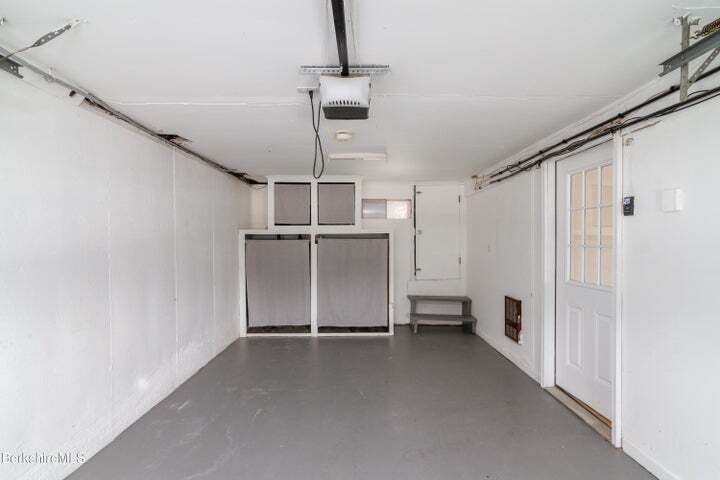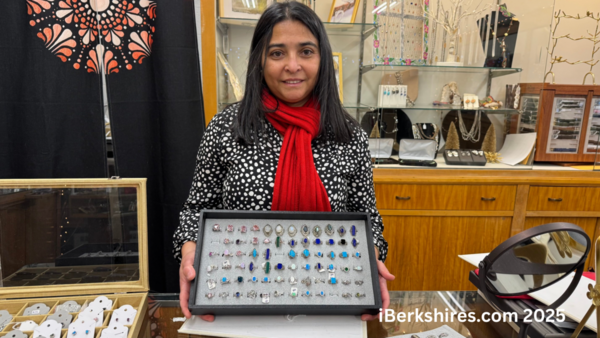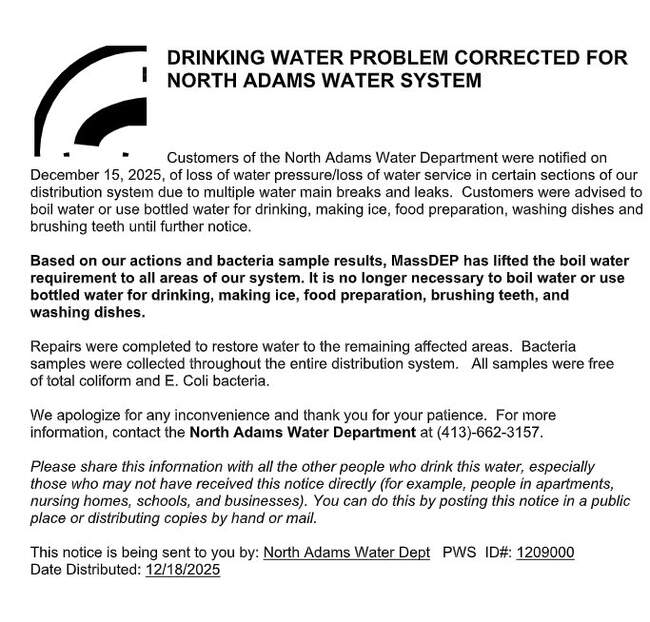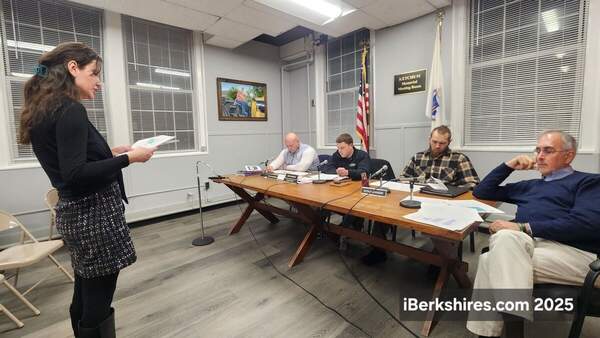
Know the Four Uses of Cash
 |
It's important to have cash available for your everyday spending and the inevitable rainy day. However, you also need to develop a cash strategy that can contribute to your long-term financial success. But just how much cash do you need? And in what form?
To answer these questions, it's useful to look at the four main uses of cash:
• Everyday spending: Your everyday spending includes the cash you use for your mortgage, utilities, groceries and so on. As a general guideline, you should have one to two months of living expenses available during your working years, and perhaps a year’s worth of living expenses when you’re retired. (The latter can be adjusted higher or lower based on your income from Social Security or a pension.) You will need instant access to this money – and you need to know your principal is protected – so it may be a good idea to keep the funds in a checking or cash management account.
• Unexpected expenses and emergencies: If you needed a major car repair or a new furnace, or if you incurred a big bill from a doctor or dentist, would you be able to handle the cost? You could – if you have set up an emergency fund. During your working years, this fund should be big enough to cover three to six months of living expenses; when you are retired, you may be able to get by with one to three months’ worth of expenses, assuming you have additional sources of available cash. You will want your emergency fund to be held in liquid vehicles that protect your principal, such as savings or money market accounts or short-term certificates of deposit (CDs).
• Specific short-term savings goal(s): At various points in your life, you may have a specific goal – a new car, vacation, wedding, etc. – that you would like to reach within a year or two. Your first step is to identify how much money you will need, so think about all the factors affecting the final cost. Next, you will need to choose an appropriate savings vehicle. You could simply put more money in the accounts you use for everyday cash, or even in your emergency fund, but you would run the risk of dipping into either of these pools. Instead, consider opening a separate account – and tell yourself this money is for one purpose only.
• Source of investment: You can use cash in two ways as part of your overall investment strategy. First, cash can be considered part of the fixed-income allocation of your portfolio (i.e., bonds and CDs). Because cash behaves differently from other asset classes – such as stocks and bonds – it can help diversify your holdings, and the more diversified you are, the less impact market volatility may have on your portfolio. (However, diversification can’t guarantee a profit or protect against all losses.) The second benefit of cash, in terms of investing, is it’s there for you to purchase a new investment or to add more shares in an existing investment. In any case, you probably don’t want to be too cash heavy, so you might want to keep no more than 10 percent of your fixed-income assets in cash.
As you can see, cash can be valuable in several ways – so use it wisely.
This article was written by Edward Jones for use by your local Edward Jones financial advisor. Courtesy of Rob Adams, 71 Main Street, North Adams, MA 01247, 413-664-9253.. Edward Jones, its employees and financial advisors cannot provide tax or legal advice. You should consult your attorney or qualified tax advisor regarding your situation. For more information, see EdwardJones.com.



















